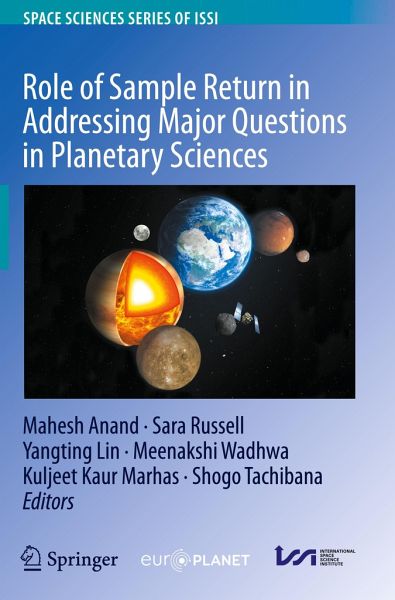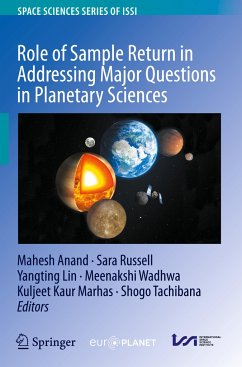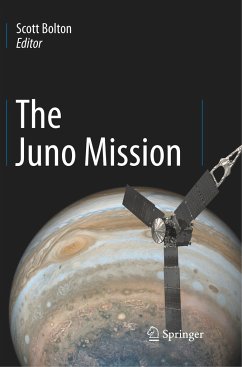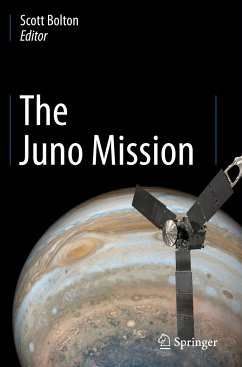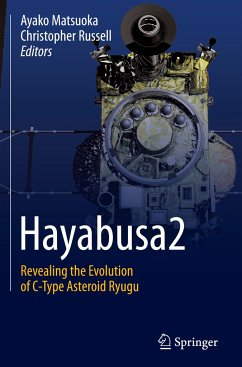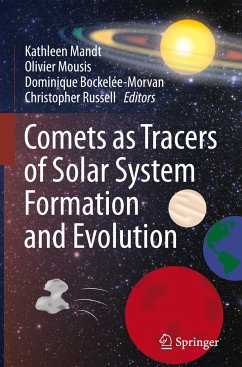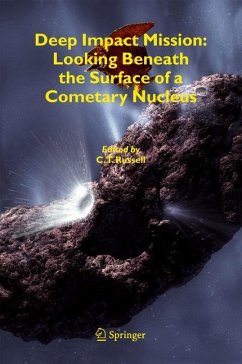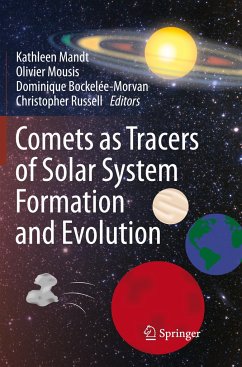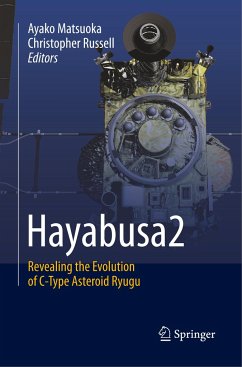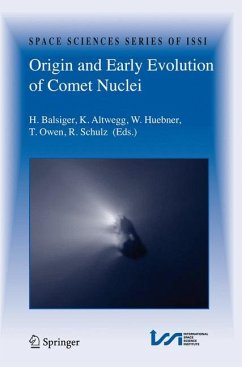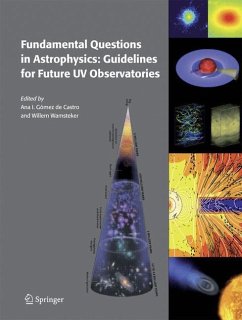>100 research papers in journals of high-scientific standing and currently chairs the UK-node of the NASA Solar System Exploration Research Virtual Institute (SSERVI). Sara Russell is Merit Researcher in Cosmic Mineralogy at the Natural History Museum in London, UK, and Visiting Professor at the Open University, UK. She received her PhD from the Open University and worked as a Lindemann postdoctoral fellow at the California Institute of Technology, USA and NASA funded postdoc at the Smithsonian Institution, in Washington DC, USA, before taking up her position at the Museum. Sara analyses meteorites and material returned from space missions to answer fundamental questions about the formation of the Solar System and evolution of the Earth's Moon. Sara is the proud namesake of Asteroid (5497) Sararussell. Yangting Lin is a Professor and deputy director of the Key Laboratory of Earth and Planetary Physics, Institute of Geology and Geophysics, CAS. He received his PhD from the Institute of Geochemistry, CAS, and worked as an Associate, and then a full Professor in Guangzhou Institute of Geochemistry, CAS, before joining IGGCAS. Since Chang'E-1, Yangting has been deeply involved in Chinese lunar and deep space exploration program. His team decoded the latest phase of volcanic history of the Imbrium basin and determined the lunar deep interior's composition from the in situ exploration data acquired by the lunarrover Yutu-1 and 2. He has published about 130 peer-reviewed papers. Meenakshi Wadhwa is a planetary scientist and educator. She received her doctorate from Washington University in St. Louis. She was a postdoctoral researcher at the University of California at San Diego and curator in the Department of Geology at the Field Museum in Chicago before moving to Arizona State University (ASU), where she is a Professor in the School of Earth and Space Exploration. At ASU, she served as director of the Center for Meteorite Studies for over 12 years and is currently director of the School of Earth and Space Exploration. She is a recipient of the Fulbright-Nehru Academic and Professional Excellence Award, the Guggenheim Fellowship and the Nier Prize of the Meteoritical Society. She was recently awarded an American Council on Education Fellowship and is a Fellow of the American Geophysical Union. Asteroid 8356 is named 8356 Wadhwa in her honor. Kuljeet Kaur Marhas is a cosmochemist who has been involved in analyses of samples returned from NASA Stardust and JAXA Hayabusa-1 mission. She received her doctorate degree from Physical Research Laboratory, India and was a postdoc at Max Planck Institute fur Cosmochimie, Mainz Germany, followed by research associateship at McDonnell Centre for Space science, Washington University St Louis USA. Currently, she is an Associate Professor in Planetary Sciences Division at Physical Research Laboratory, Ahmedabad, India. She has received numerous awards and fellowships including 'Indian National Science Academy young scientist', 'Women Excellence Award, SERB, India', 'Eminent Mass Spectrometerist'. She is a conferred fellow of American Geophysical Union for receiving D. Lal Medal. Shogo Tachibana is a cosmochemist who is interested in what was responsible for making diverse Solar System planets, including the Earth. He received his doctorate from Osaka University, Japan. He has been involved in Hayabusa2 and OSIRIS-REx asteroids sample return missions. He has worked to set the scientific goal of Hayabusa2 and to develop the sample acquisition system. He is now a professor at UTokyo Organization for Planetary and Space Science, the University of Tokyo, and is also a specially appointed professor at Institute of Space and Astronautical Science, JAXA. He is a recipient of the Nier Prize of the Meteoritical Society and the Paul W. Gast Lectureship from the European Association of Geochemistry and the Geochemical Society.
